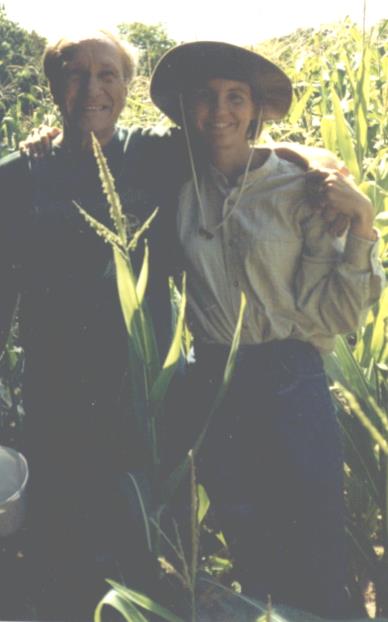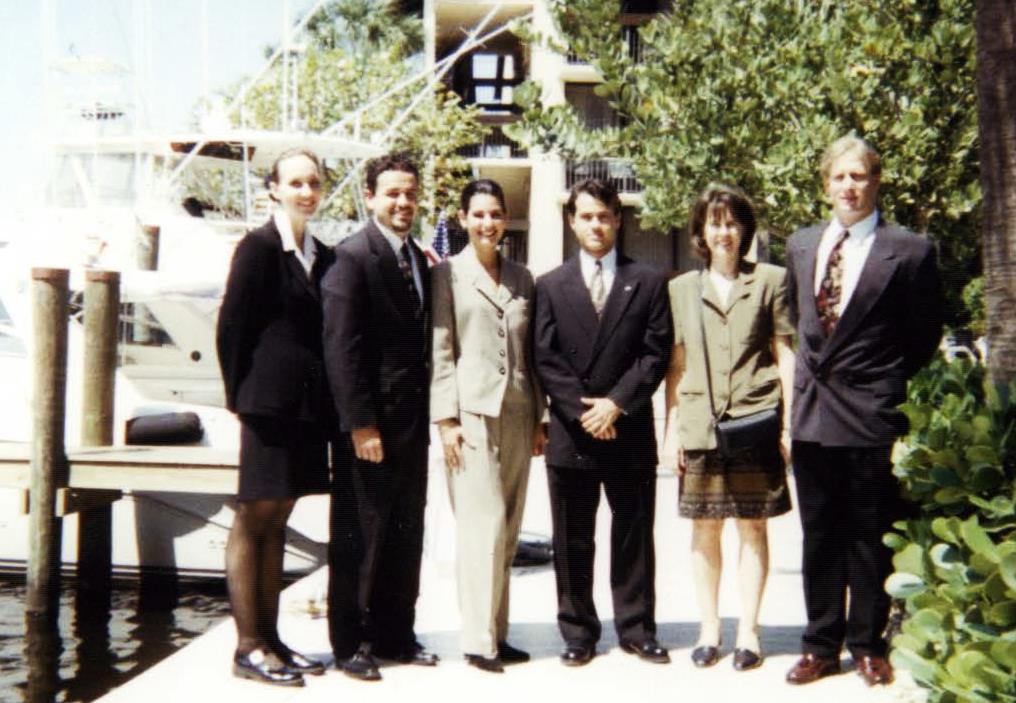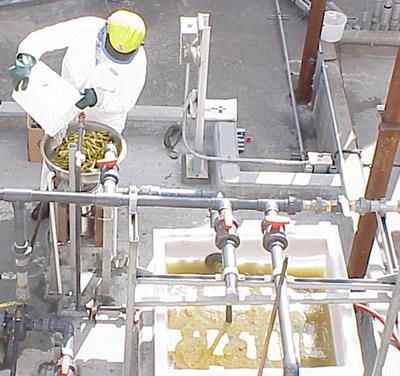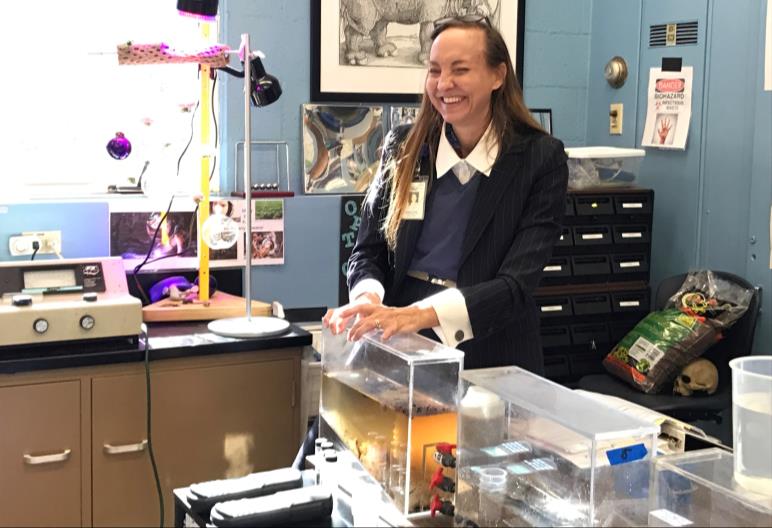As environmental professionals work to address the most pressing challenges of the 21st century, is time dedicated to the California Water Environment Association (AAEES) well spent? The answer from an active volunteer, Wendy Wert, P.E., BCEE, is a resounding yes and a compelling story. Wendy is registered civil engineer with the Los Angeles County Sanitation Districts. For the past 22 years she has been working on programs that rely on public participation to integrate water supply, water reuse with wastewater facilities planning. She received a bachelors degree in Environmental Engineering and a masters degree in water resources engineering both from the University of Central Florida (UCF). Her studies gave her opportunities to collaborate with others. It was during this time that Wendy developed an interest in effectively communicating math and science to diverse groups. Today, she uses her position to develop outreach and education programs that explain how the work of the Sanitation Districts and CWEA identifies community needs then develops environmental professionals to help meet them.
What prompted you to major in engineering?
I was born on a farm in central Pennsylvania. My father is a Navy veteran and my mother a retired schoolteacher. I started college at UCF with every intention of majoring in biology. However, I was strongly encouraged by my brother, who was studying engineering to consider the field because I had taken a lot of math and science courses. I took his advice and majored in environmental engineering. My family continues to support and influence my decisions.

Wendy and Bill Wert (her father) at their family farm in Pennsylvania.
What inspired you to join CWEA?
As an undergraduate student, I was given the opportunity to complete a senior design project with UCF’s Dean of Engineering, Debra Reinhart, Ph.D., P.E., BCEE. Our senior design project was presented at the Florida Water Environment Association’s (FWEA) annual conference. I joined FWEA and the Water Environment Federation (WEF) as a student member in 1997 and immediately realized the need for a network of peers to effectively meet the challenges of our complex field.

How did you end up in California?
I was recruited from UCF by a consulting engineering firm, Montgomery Watson in Pasadena, CA now Stantec. CWEA and WEF were important to my first big client, the City of Los Angeles. Their Deputy Engineer, Tim Haug, Ph.D., P.E., BCEE, provided opportunities to conduct applied research on food waste digestion, then encouraged contributions to the field through CWEA and WEF publications.

Wendy Wert and Tim Haug in 2001 doing the research at the City of Los Angeles’ Hyperion Wastewater Treatment Plant at the biosolids enchantment program facility.
What brought you to the Los Angeles County Sanitation Districts?
Public Service. Public agencies deliver the fundamental needs of our communities and I value the
services to our communities the Sanitation District provides. I am proud to work at the Sanitation Districts. In 2004, a serious hiking accident, caused me to reexamine my life. It was a contributing factor to my professional transition from consulting engineering to public service.
My first department head when I joined was CWEA director Mike Selna, P.E., BCEE. My parents were surprised that my first assignment, design of the Tulare Lake Compost Facility, had me thinking about farming operations again.
What inspires your enthusiasm for our profession?
The environmental profession has given me more than I could ever give back, but I am determined to try. One highlight was working with our first female Chief Engineer and General Manager, Grace Robinson Hyde, P.E., BCEE. The make-up of the staff has changed a lot since I entered the profession. There are many more women employees today, especially in operations and engineering. CWEA provides opportunities to collaborate with diverse professionals. I have always felt that there are great opportunities in our field, regardless of gender, and am grateful for the ones I have had.
What are you most proud of?
Our education and outreach programs. We provide many educational opportunities including our marine biology harbor tours and in-class microorganism and water quality science labs. We actively collaborate with community organizations, including nonprofit groups, professional associations, educational institutions and other public agencies. I enjoy developing programs that provide environmental education materials, teacher resources and classroom presentations throughout Southern California on the importance of water quality, conservation, and sustainability to students from Kindergarten through College.

Wendy teaching the Sanitation Districts Sewer Science Program.
What advice would you give to a young person entering the profession?
First, I would advise a young professional to work to truly understand the big picture and mission of environmental practice. Then, work hard with colleagues to support that mission, and enjoy the satisfaction and fun that comes from working together on the grand challenges of the 21st Century.
Anything else you would like to share?
I have a great deal of faith in the personal investment we have all made to the environmental profession over our careers, because that level of commitment fosters resilience. Because of that resilience, despite the challenges we have had recently, I remain optimistic for the future. The world has changed since I began working. Accordingly, CWEA has changed, and will continue to adapt. I believe it is essential to never lose sight of our mission and the people we serve.